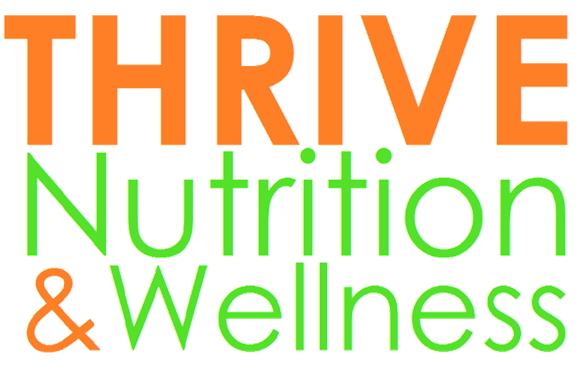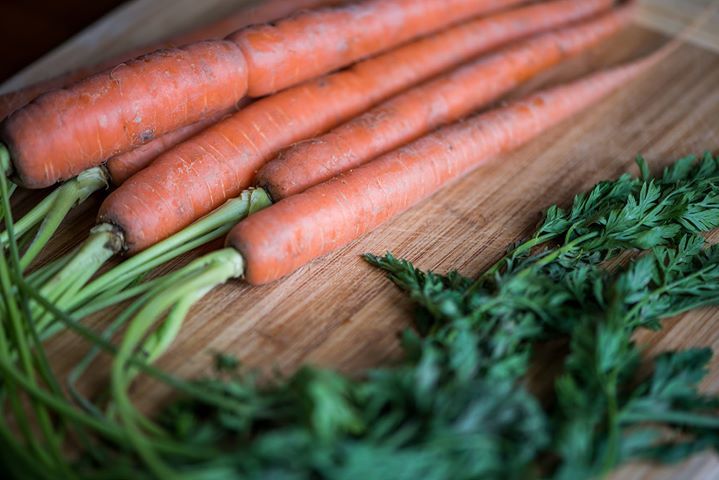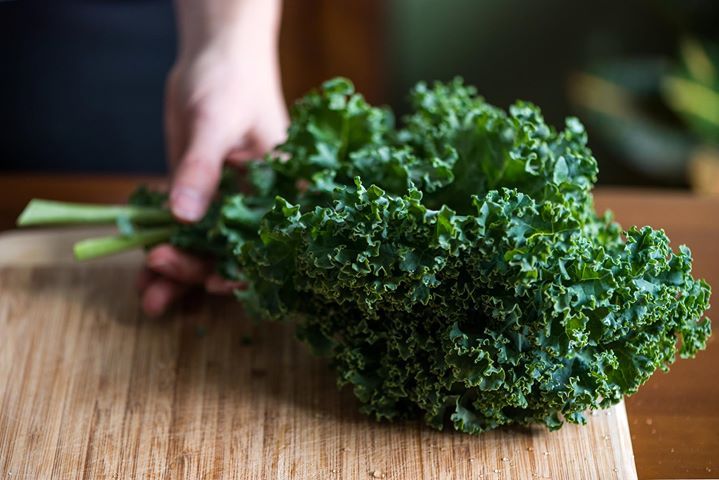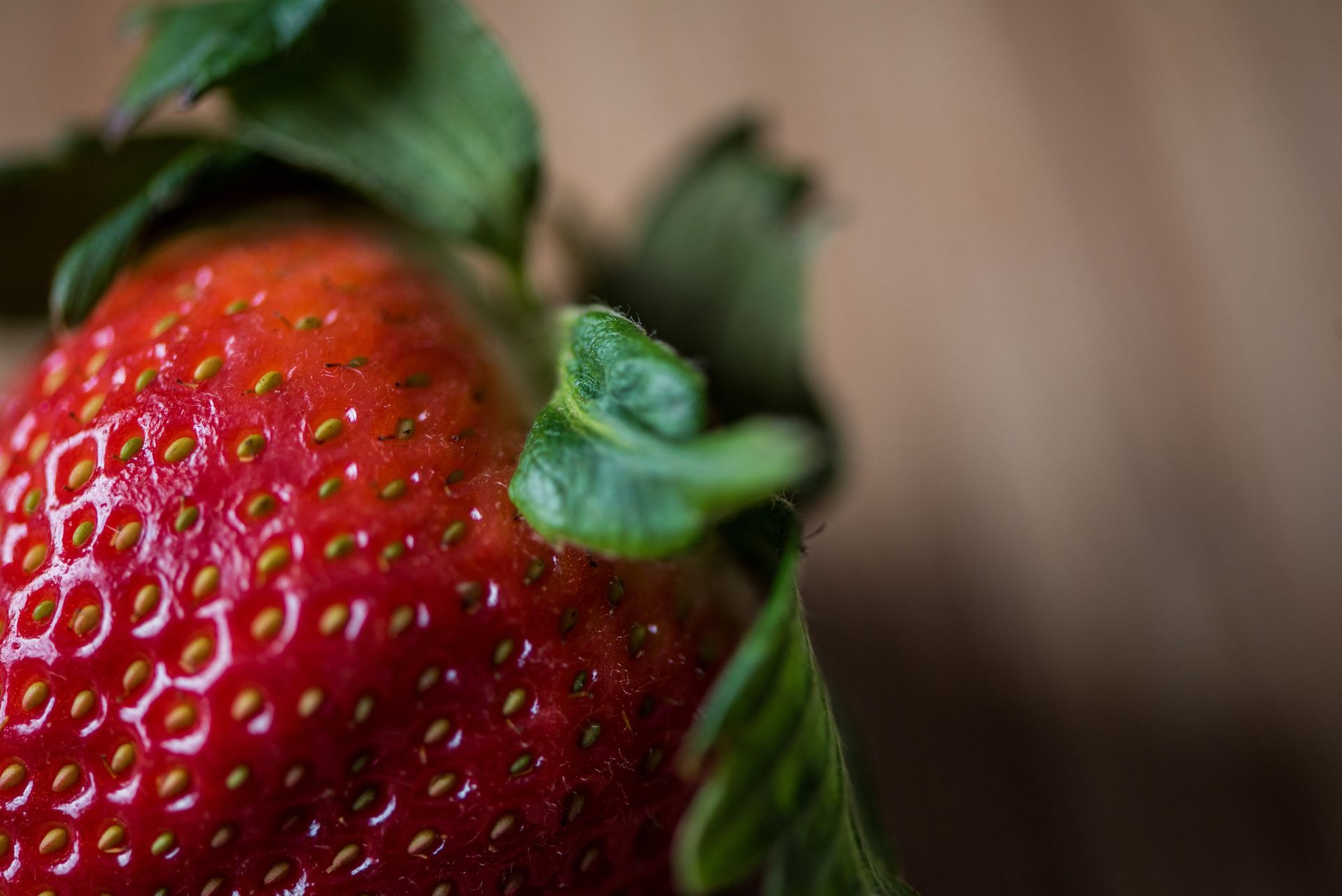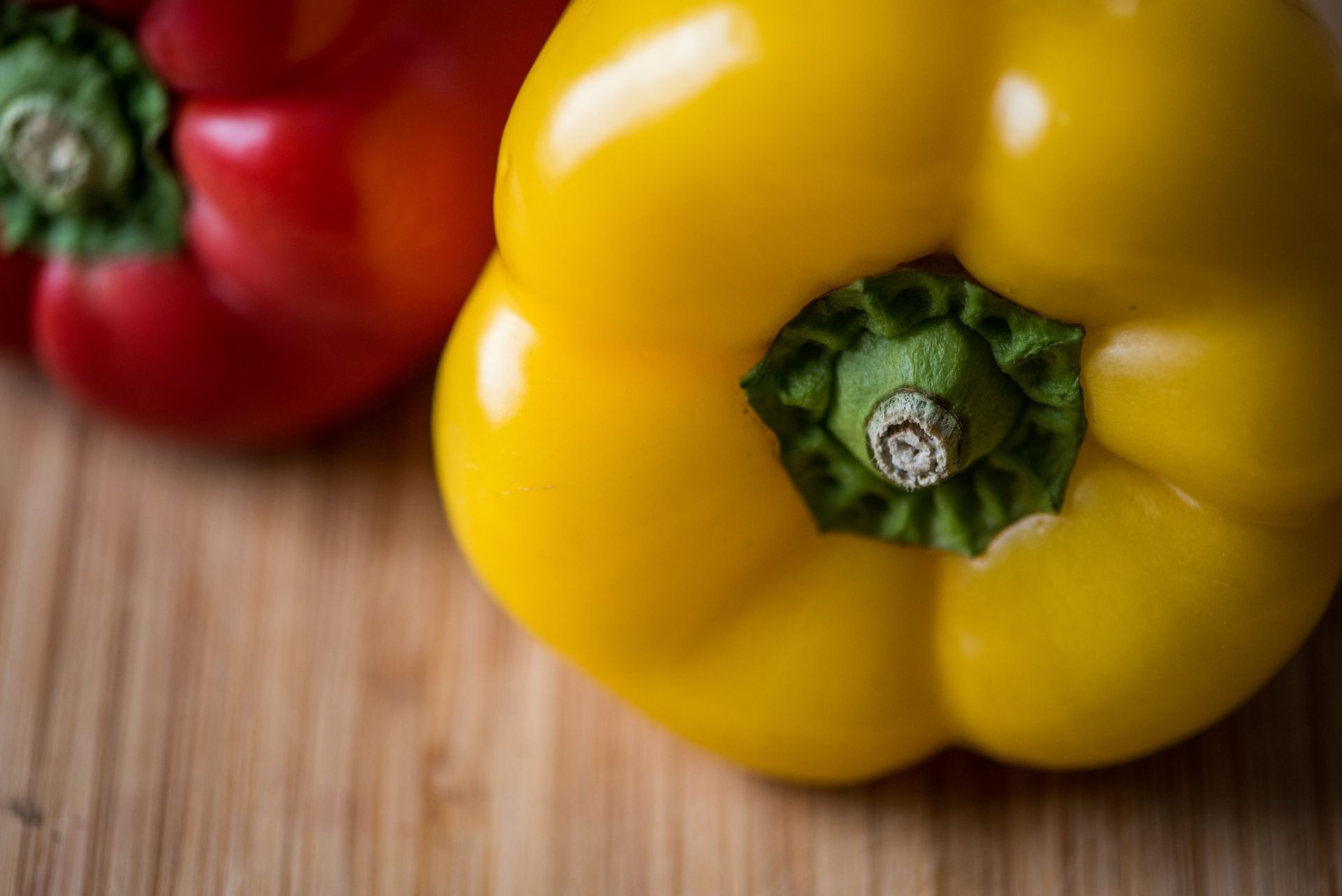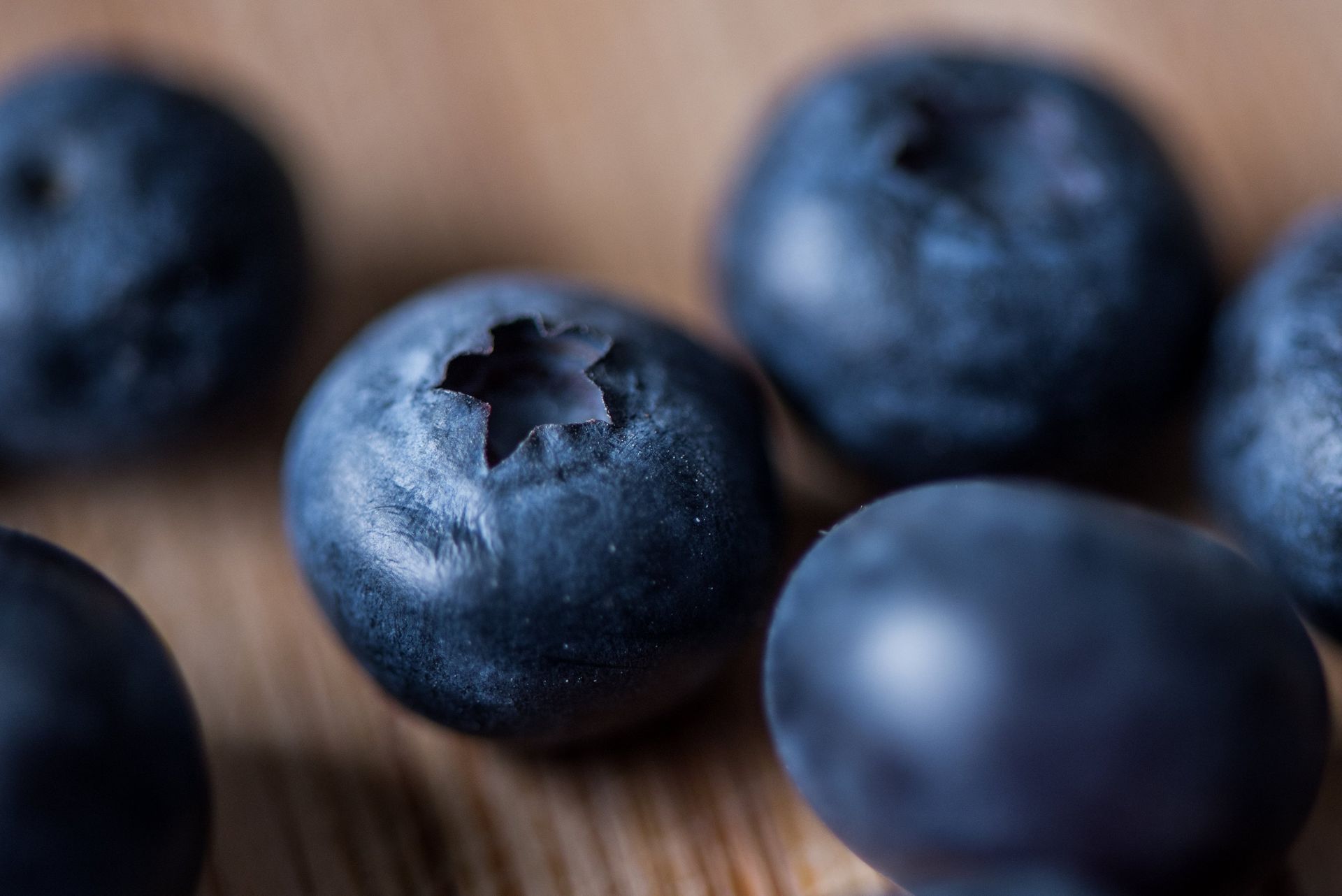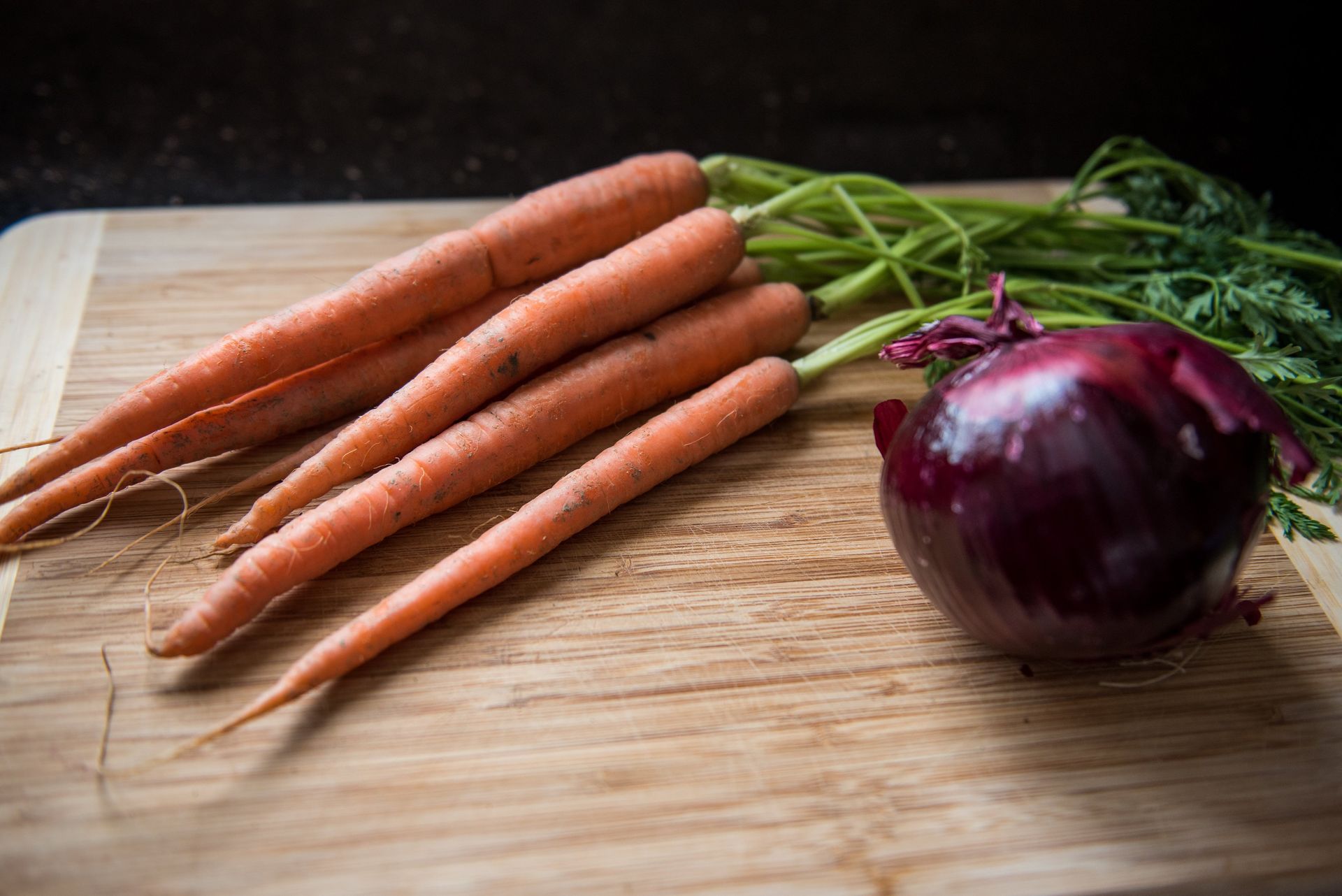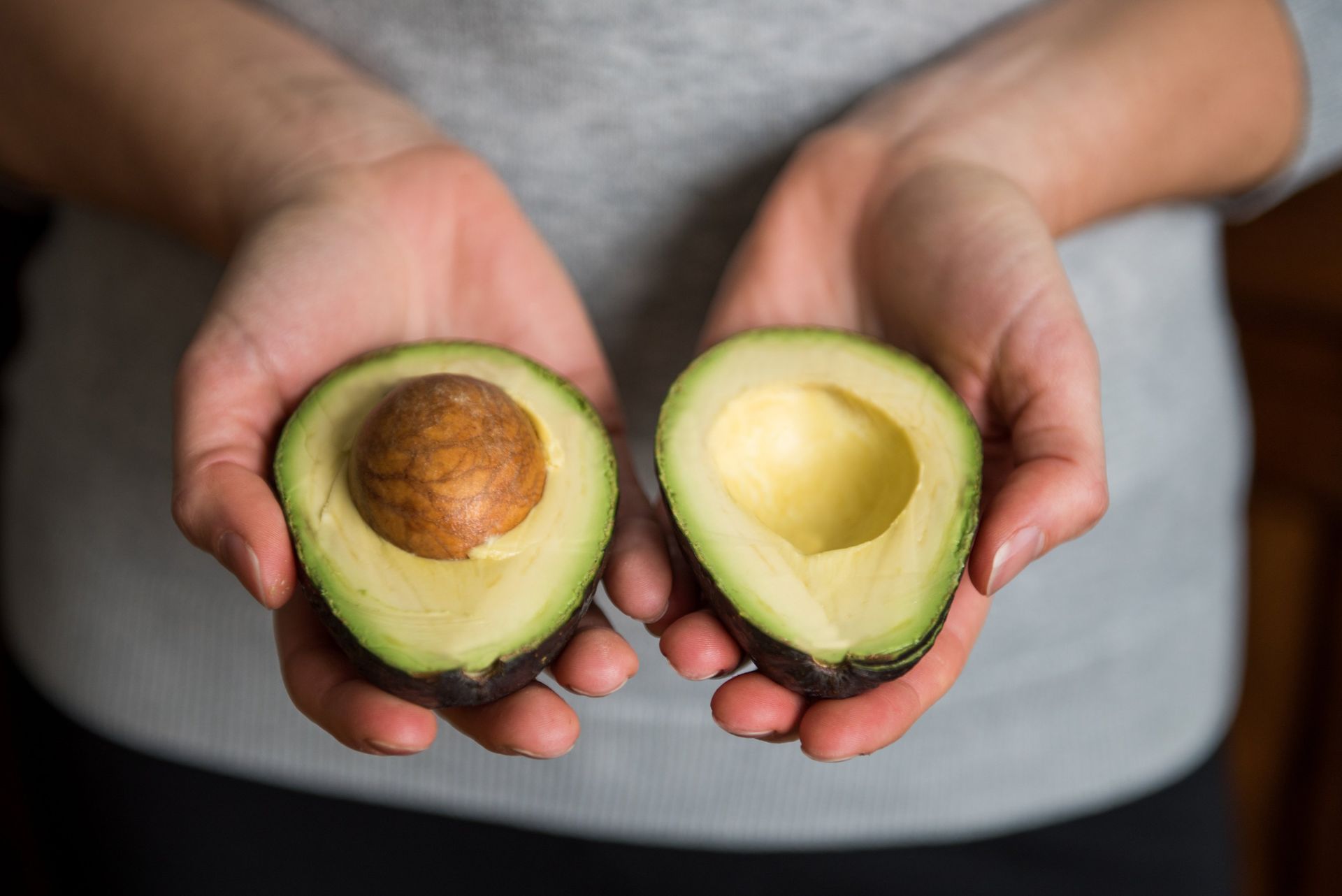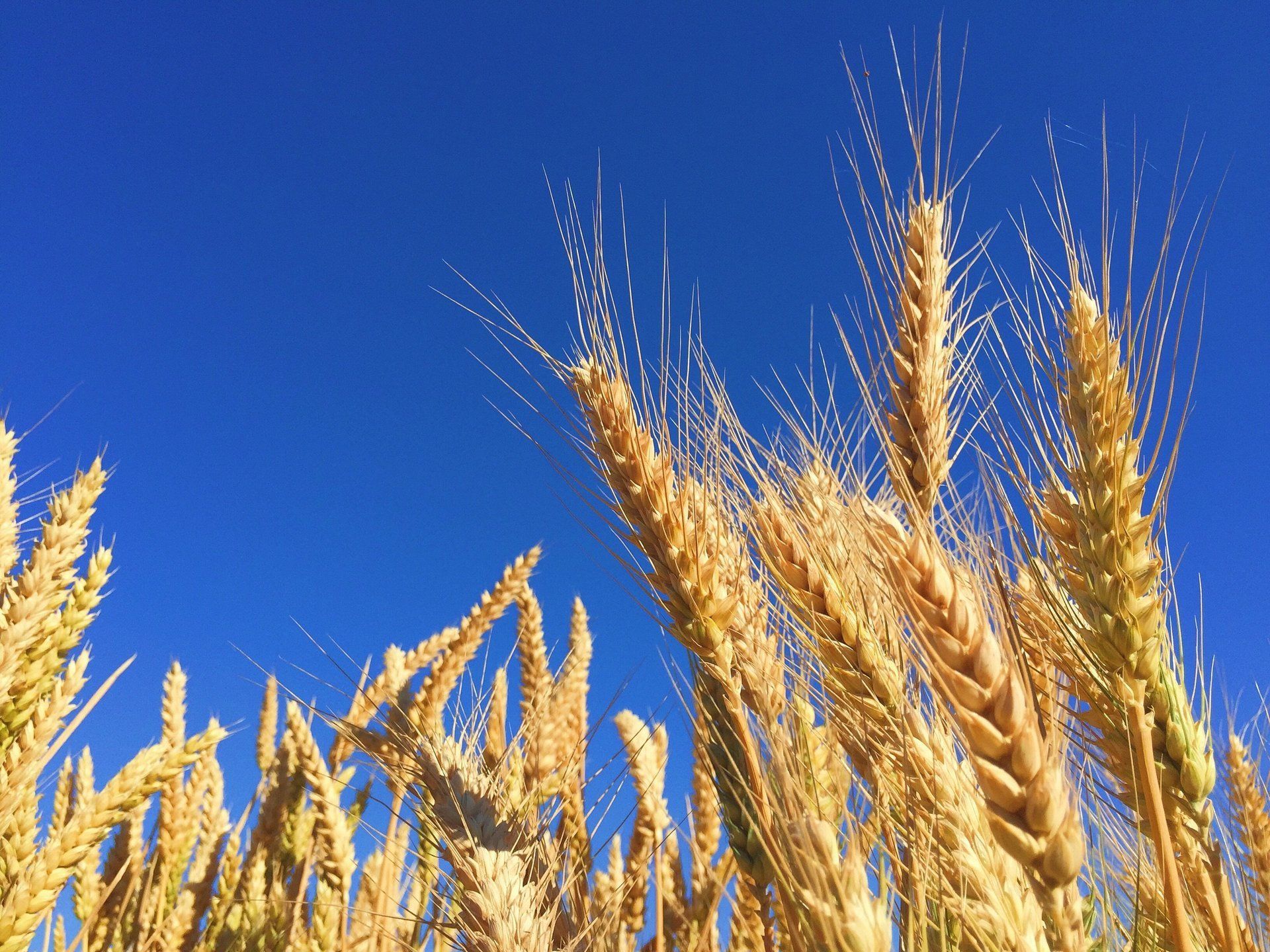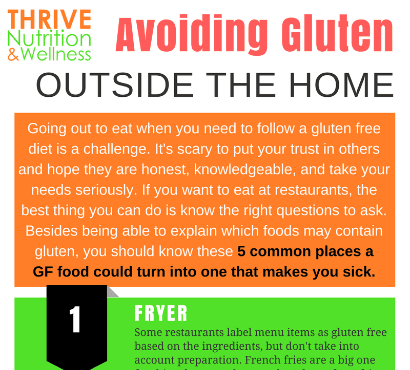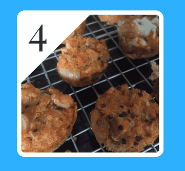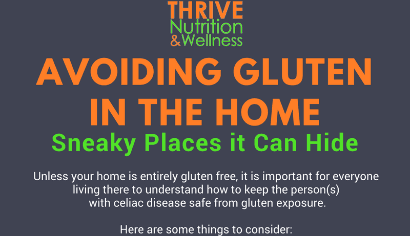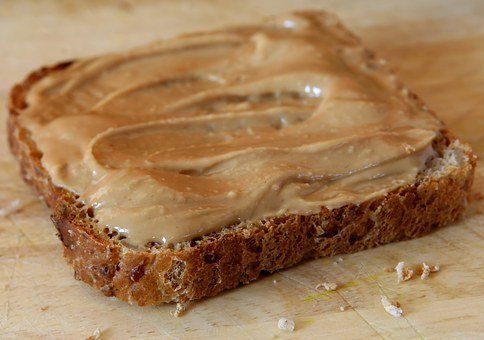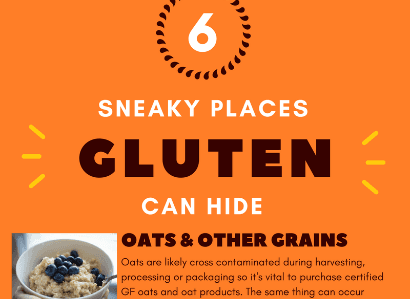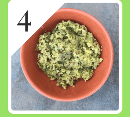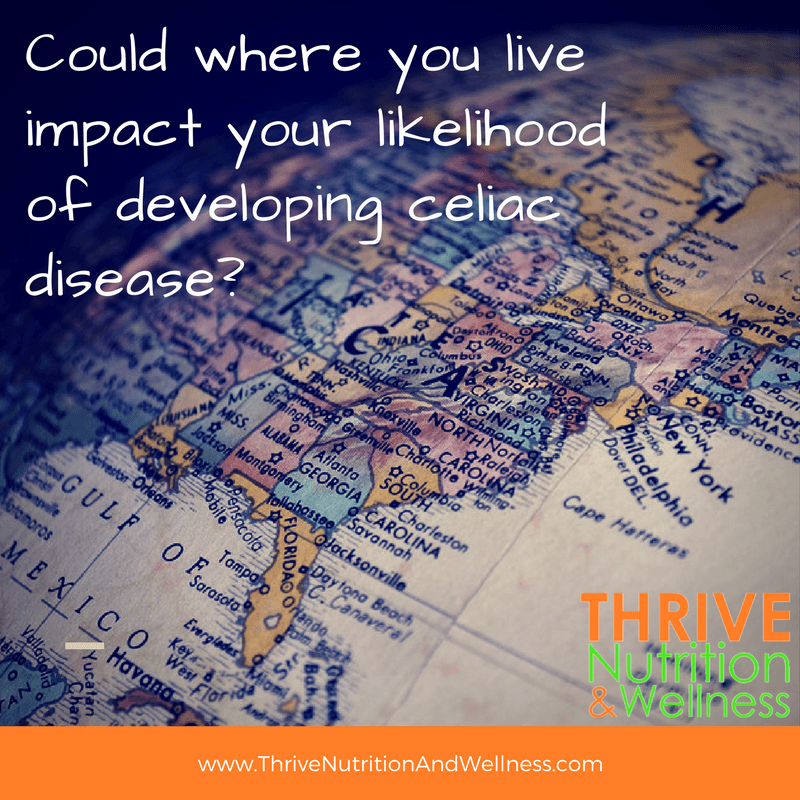Other Considerations for Those with Celiac Disease
- By Andrea Langston, MS, CNS, CDN
- •
- 30 May, 2018
- •
Sometimes more than a gluten free diet is necessary

Many people, after going gluten free, feel much better very quickly. Other people take more time. Everyone's body is unique and the length of time you've been dealing with symptoms and damage to you gastrointestinal tract varies, therefore the time it takes to repair the damage will vary as well. Children and younger people tend to bounce back more quickly, while older adults may take longer simply because our bodies regenerate and repair themselves more slowly as we get older.
If you've been on a gluten free diet for some time and are not experiencing improvements, it can be helpful to consult with an expert. It is possible that you are still being exposed to gluten in your foods or environment. It is also possible that there are additional food intolerances at play. These are often not long-term sensitivities, but are an issue until your body has been able to repair the damage to the small intestines.
Common culprits are dairy products, oats (even certified gluten free ones), other whole grains, and a category of foods that are high in specific types of compounds, commonly known as FODMAPS.
Additionally, giving your body the nutrients it needs to repair itself, correcting deficiencies, and healing a damaged gut are all vital for helping you feel your best quickly and completely. People with celiac disease are more likely to be suffering from other conditions such as small intestinal bacterial overgrowth, candida and other autoimmune conditions. Understanding these and working with them also ensures better results.
If you just aren't feeling as good as you know you should, or are struggling with the gluten free diet in general, please do not hesitate to reach out to me. There's so much to know about being gluten free and having celiac disease and it's valuable to work with someone who truly understands it.
Contact me for more information.
If you've been on a gluten free diet for some time and are not experiencing improvements, it can be helpful to consult with an expert. It is possible that you are still being exposed to gluten in your foods or environment. It is also possible that there are additional food intolerances at play. These are often not long-term sensitivities, but are an issue until your body has been able to repair the damage to the small intestines.
Common culprits are dairy products, oats (even certified gluten free ones), other whole grains, and a category of foods that are high in specific types of compounds, commonly known as FODMAPS.
Additionally, giving your body the nutrients it needs to repair itself, correcting deficiencies, and healing a damaged gut are all vital for helping you feel your best quickly and completely. People with celiac disease are more likely to be suffering from other conditions such as small intestinal bacterial overgrowth, candida and other autoimmune conditions. Understanding these and working with them also ensures better results.
If you just aren't feeling as good as you know you should, or are struggling with the gluten free diet in general, please do not hesitate to reach out to me. There's so much to know about being gluten free and having celiac disease and it's valuable to work with someone who truly understands it.
Contact me for more information.
